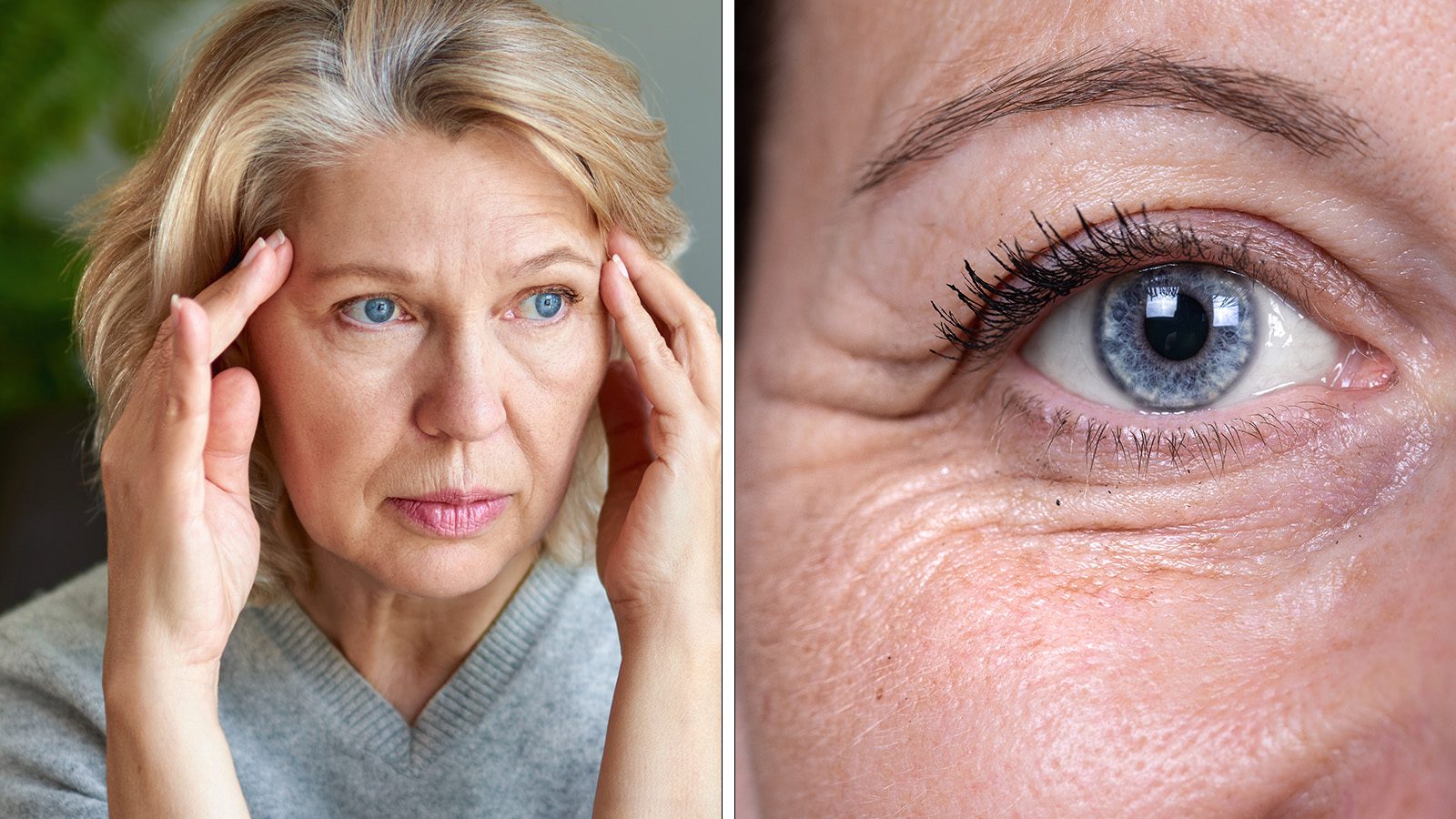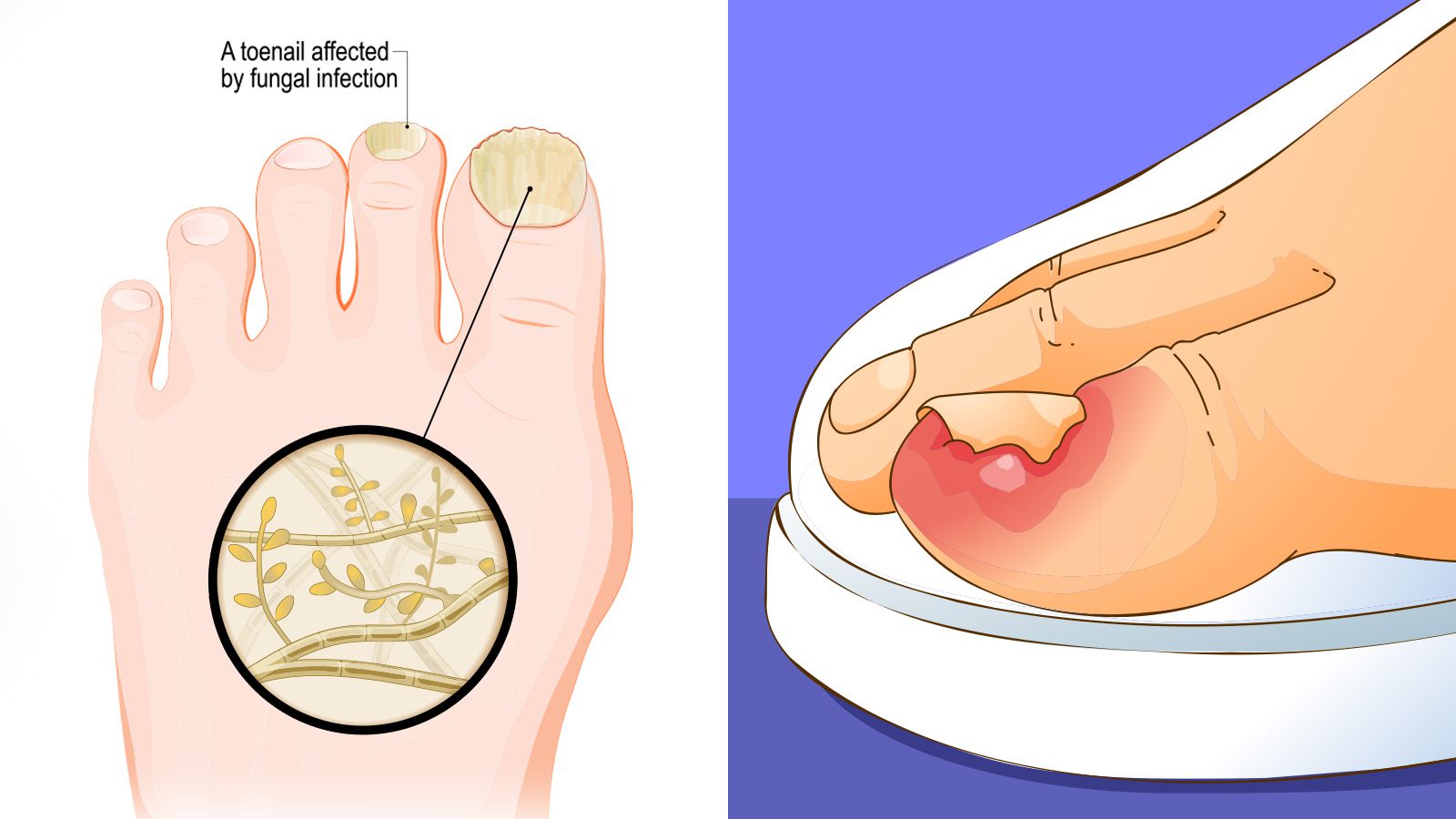We see a plethora of quickly made, nutrient-poor fast foods on the market today. So, it comes as no surprise that most adults have a vitamin deficiency. According to a study completed by researchers at the University of Illinois, only 11.3 percent of people meet the daily recommended requirement for fiber, and only 4.7% of adults get the suggested amounts of potassium. Thus, it becomes crystal clear that we need a serious food revolution in the world so that people can make healthy choices and get the proper vitamins in the foods they consume.
Vitamin Deficiency Warning Signs
1. You have red, rough rashes on your skin combined with hair loss.
This vitamin deficiency symptom usually means you need more B vitamins in your diet. If you have ever noticed shampoos in stores, many contain biotin, or Vitamin B7. This helps stimulate hair and nail growth, and reacts with cell enzymes to produce amino acids.
Since hair is largely made up of keratin, a protein, consuming foods high in biotin contributes to healthy hair growth. Foods rich in biotin include nuts and seeds, avocados, legumes, bananas, raspberries, strawberries, grapefruit, and sweet potatoes.
If you have a red rash on your skin, you might be deficient in niacin. This nutrient helps the organs to function properly. Plus, it helps to repair the DNA. Foods rich in niacin include bananas, peanuts, avocados, and pumpkin or sunflower seeds.
2. You have dry lips, especially at the corners.
If you experience a sore tongue as well, this could point to a vitamin deficiency in iron, zinc, and B vitamins. If you don’t eat a lot of fruit, vegetables, or whole grains, try to incorporate more of them into your diet. Specifically, go for bananas, dark green leafy vegetables (especially spinach and kale), peas, lentils, nuts, seeds, and potatoes.
3. You have very low energy levels.
Feeling lethargic or depressed frequently could point to a vitamin deficiency. Many people who suffer from depression simply don’t get the recommended amount of nutrients in their daily diets, especially in regard to Vitamin D and the B vitamins. Iron, magnesium, B12, and folic acid help give our bodies energy, so if you have been feeling tired lately, you might have a vitamin deficiency in these nutrients.
Foods rich in iron include tofu, almonds, dates, beans, lentils, and in particular, leafy green vegetables. For magnesium, you will want to eat dark, leafy greens, nuts, avocados, beans, bananas, whole grains, and even chocolate. While B12 is only found naturally in animal products, you can choose to eat foods fortified with B12 such as nutritional yeast and plant-based milks or yoghurts. Finally, foods rich in folic acid include broccoli, beets, asparagus, and leafy greens.
4. You experience numbness or tingling in the hands and feet.
This vitamin deficiency symptom is linked to problems with the nervous system, which is regulated by B vitamins. If you experience this, you need to up your intake of foods rich in B vitamins, which we have included for you in the above points. Numbness of the feet and hands is usually accompanied by mood swings and inability to think clearly. All of this is linked to the nervous system, so in order to keep it functioning properly, make sure to either eat more whole, raw plants, or take a Vitamin B complex if you have trouble getting in all the essential nutrients.
5. You have regular, debilitating muscle cramps, particularly in the calves and feet.
Muscle cramps mean that you lack magnesium, calcium, and potassium, in particular. Many people who work out heavily experience this, because they sweat out more vitamins and minerals than other people.
Do you train or exercise regularly? If so, you need to make sure you restore your magnesium, calcium and potassium levels so you don’t have a vitamin deficiency. We have already mentioned some magnesium sources in point #3, but for calcium sources, you can go for dark, leafy greens, nuts and seeds, plant-based milk, figs and oranges. As far as potassium goes, bananas are the absolute best source, as well as squash, potatoes, avocado, tomatoes, kidney beans, apples, and plant-based milks.
Conquer Those Vitamin Deficiencies
If you want to get all your essential vitamins and minerals, consider your diet. Meaning, try to get all your nutrients from whole, plant-based foods first. Then go to other fortified sources afterward if you still need other vitamins and minerals.
Finally, a note for vegetarians. Because of your plant-based diet, take B12 supplements regularly, take B12 injections, or eat foods fortified with B12.













